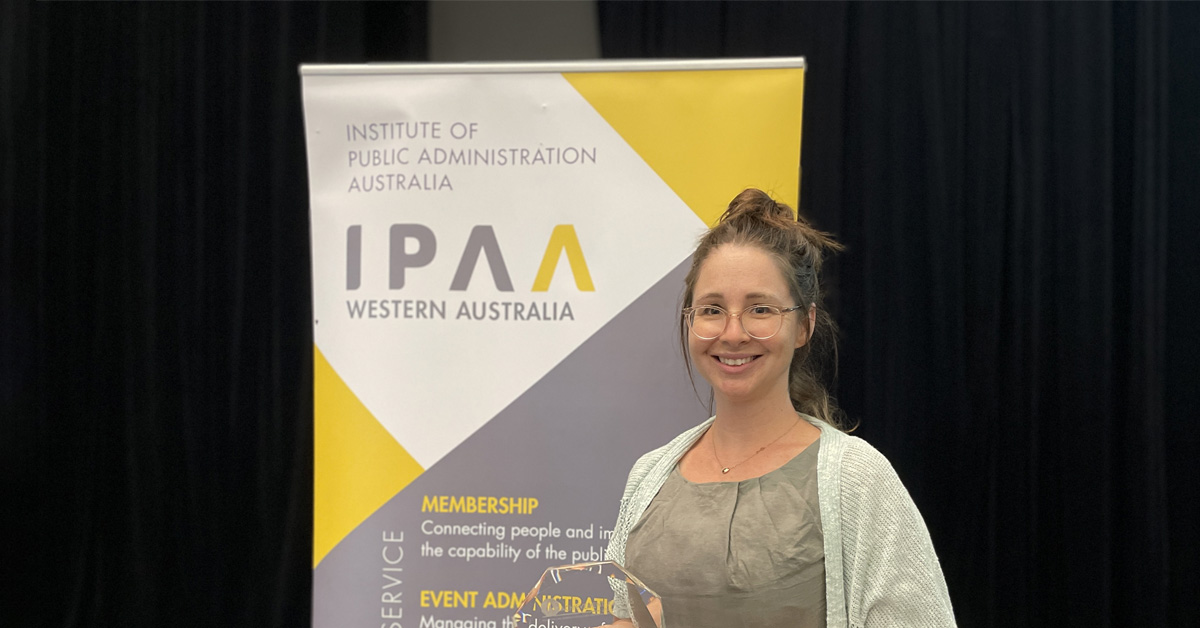Search
Research
Real time monitoring of respiratory viral infections in cohort studies using a smartphone appCohort studies investigating respiratory disease pathogenesis aim to pair mechanistic investigations with longitudinal virus detection but are limited by the burden of methods tracking illness over time. In this study, we explored the utility of a purpose-built AERIAL TempTracker smartphone app to assess real-time data collection and adherence monitoring and overall burden to participants, while identifying symptomatic respiratory illnesses in two birth cohort studies.
Research
Improving physical activity and screen time in Australian Outside School Hours Care: Study protocolChildren's physical activity and screen time behaviours impact their physical health and well-being. In Australia, less than half of children meet daily physical activity recommendations and only one-third meet daily screen time recommendations.
Research
Study protocol for Healthy Conversations @ Playgroup: a multi-site cluster randomized controlled trial of an intervention to promote healthy lifestyle behaviours in young children attending community playgroupsEarly childhood is a critical window for preventing obesity and chronic disease. Yet, 1 in 4 Australian children aged 5 years and under are affected by overweight or obesity; and significant proportions of children under 5 years fail to meet guidelines for diet quality, physical activity (PA), screen time, and sleep.

News & Events
Award for Sun Safe app developed with teensThe Kids Research Institute Australia researchers who worked with young people to develop an app designed to help teenagers stay safe in the sun have been named joint winners of a new award for ‘Best Practice in Children’s Consultation’.
Research
Autism and Attention-Deficit/Hyperactivity Disorder Content in Highly Viewed TikTok VideosSocial media allows users to connect with others’ experiences and points of view, with TikTok being the fastest-growing platform worldwide. Highly viewed videos related to neurodiversity on TikTok have an increasing role in understanding and acceptance of neurodivergent individuals.

News & Events
Telethon supports vital child health research projectsThe generous support of West Australians through Channel 7’s Telethon Trust will help support crucial child health research at The Kids Research Institute Australia in 2022.
Research
Longitudinal associations between maternal and child screen use at 1 year of age and child behavior and development at 3 years of ageYoung children are increasingly exposed to evolving screen technology. International guidelines recommend no screen use for children under the age of 2 years, due to the potential for detrimental effects on behaviour and development. However, evidence for these guidelines is limited by inadequate consideration of device-specific effects (TV and mobile phone/tablet computer), maternal screen use, confounders such as maternal mental health and importance of effect sizes.
Research
#Parentingtips: A Descriptive Study of Information for Parents on TikTokParents and caregivers often turn to the internet for information about their child's health and development. Research investigating content related to parenting on the world's most popular social media platform, TikTok, has not been conducted.
Research
Koorlangka Dreaming Becomes a Reality: A Moombaki Virtual Reality with Connections to Noongar Moort, Boodja, and KarnarnIn this paper, we describe the developmental process of a culturally grounded Moombaki virtual reality (VR) game. We share how Aboriginal children’s drawings have informed the creation of an interactive learning platform for primary school-aged children attending schools in Wadjuk Boodja. The project focused on connecting students to cultural knowledge through immersive storytelling, creative exploration, and collaborative design by using small group yarning circles and game development activities.
Research
Pooled Analysis of Physical Activity, Sedentary Behavior, and Sleep among Children from 33 CountriesThe prevalence estimates of physical activity, sedentary behavior, and sleep (collectively known as movement behaviors) in 3- and 4-year-old children worldwide remains uncertain.
